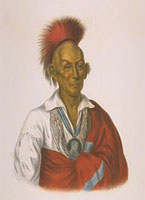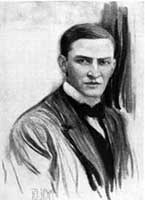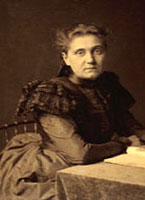
Eric Klinenberg
Born: 1970 in Chicago, Illinois
Pen Name: None Connection to Illinois: Eric Klinenberg grew up on Chicago's North side and attended Francis W. Parker School. He is a die-hard Cubs fan. Biography: Eric Klinenberg is an associate professor of sociology at New York University. He is the coeditor of ''The Making and Unmaking of Whiteness'' and a regular contributor to ''Le Monde Diplomatique''. In addition to his books and articles, Klinenberg has contributed to popular publications such as ''The New York Times Magazine'', ''Rolling Stone'', ''The London Review of Books'', ''The Nation'', ''The Washington Post'', ''Mother Jones'', ''The Guardia'', ''Slate'' and the radio program ''This American Life''.
Awards:
Website: http://sociology.fas.nyu.edu/object/ericklinenberg.html
Eric Klinenberg on WorldCat : http://www.worldcat.org/search?q=eric+klinenberg
Selected Titles
| Fighting for Air ISBN: 9781433274411 OCLC: 825754726 Blackstone Audio Inc 2013. |
|
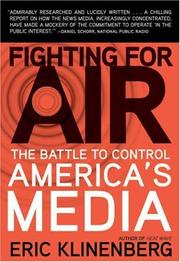 |
Fighting for air : ISBN: 080508729X OCLC: 612843734 Henry Holt & Co., New York : ©2007. An investigative work on the corporate takeover of local news and what it means for all Americans. Sociologist Klinenberg takes us into the world of preprogrammed radio shows, empty television news studios, and copycat newspapers to show how corporate ownership and control of local media has remade American political and cultural life. Klinenberg argues that the demise of truly local media stems from the federal government's malign neglect, as the agencies charged with ensuring diversity and open competition have ceded control to the very conglomerates that consistently undermine these values and goals. "Big media" may not be here to stay, however. This book reveals a rising generation of new media activists and citizen journalists--a coalition of liberals and conservatives--who are demanding and even creating the local coverage they need and deserve.--From publisher description. |
| Going solo : ISBN: 9781455124718 OCLC: 810191499 Blackstone Audio, Inc., [Ashland, Or.] : 2012. A revelatory examination of the most significant demographic shift since the baby boom--the sharp increase in the number of people who live alone--that offers surprising insights on the benefits of this epochal change. Renowned sociologist and author Eric Klinenberg explores the dramatic rise of solo living and examines the seismic impact it's having on our culture, business, and politics. Conventional wisdom tells us that living by oneself leads to loneliness and isolation, but, as Klinenberg shows, most solo dwellers are deeply engaged in social and civic life. In fact, compared with their married counterparts, they are more likely to eat out and exercise, go to art and music classes, attend public events and lectures, and volunteer. There's even evidence that people who live alone enjoy better mental health than unmarried people who live with others and have more environmentally sustainable lifestyles than families, since they favor urban apartments over large suburban homes. |
|
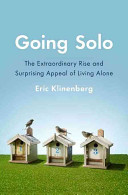 |
Going solo : ISBN: 1594203229 OCLC: 733230608 Penguin Press, New York : 2012. Renowned sociologist and author Eric Klinenberg explores the dramatic rise of solo living and examines the seismic impact it's having on our culture, business, and politics. |
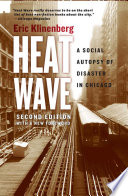 |
Heat wave : ISBN: 9780226276212 OCLC: 902803248 Heat waves in the United States kill more people during a typical year than all other natural disasters combined. Until now, no one could explain either the overwhelming number or the heartbreaking manner of the deaths resulting from the 1995 Chicago heat wave. Meteorologists and medical scientists have been unable to account for the scale of the trauma, and political officials have puzzled over the sources of the city's vulnerability. In Heat Wave, Eric Klinenberg takes us inside the anatomy of the metropolis to conduct what he calls a social autopsy, examining the social, political, and institutional organs of the city that made this urban disaster so much worse than it ought to have been. |
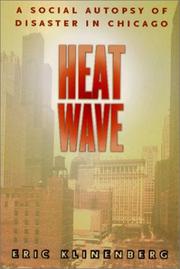 |
Heat wave : ISBN: 0226443221 OCLC: 47971411 University of Chicago Press, Chicago : ©2002. "On Thursday, July 13, 1995, Chicagoans awoke to a blistering day in which the temperature would reach 106 degrees. The heat index, which measures how the temperature actually feels on the body, would hit 126 degrees by the time the day was over. Meteorologists had been warning residents about a two-day heat wave, but these temperatures did not end that soon. When the heat wave broke a week later, city streets had buckled; the records for electrical use were shattered; and power grids had failed, leaving residents without electricity for up to two days. |


